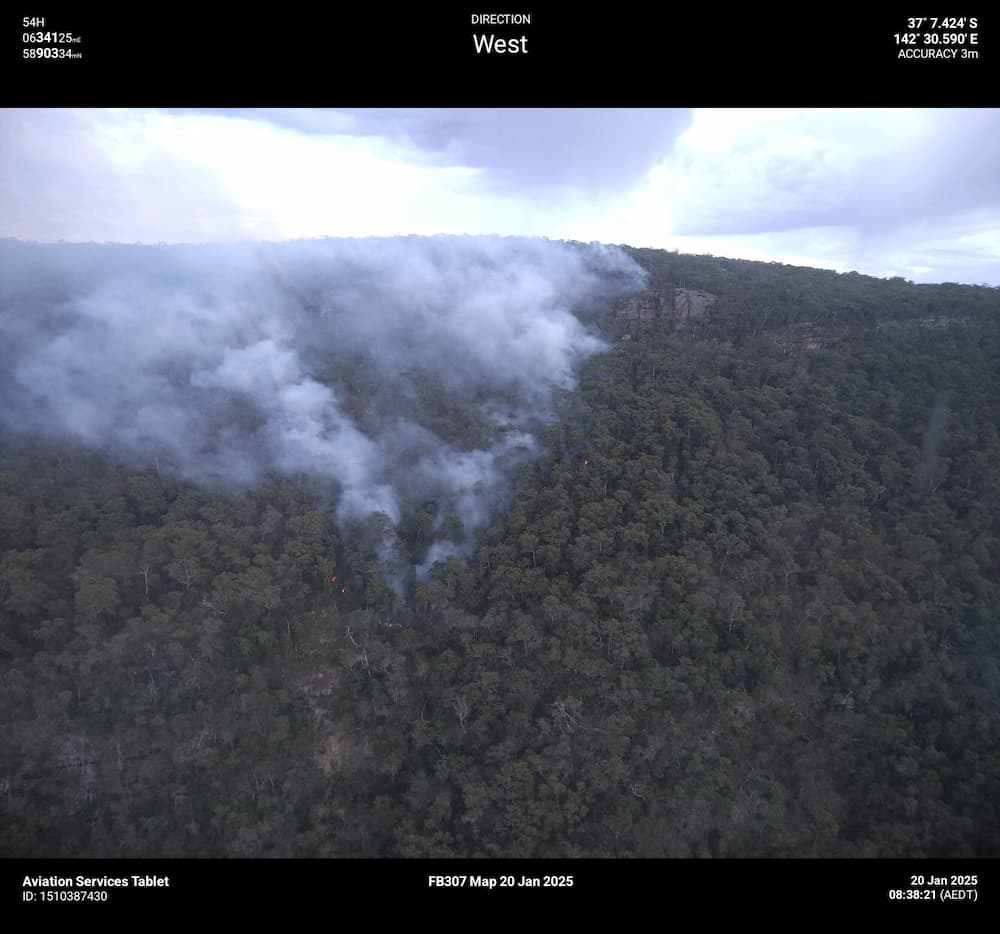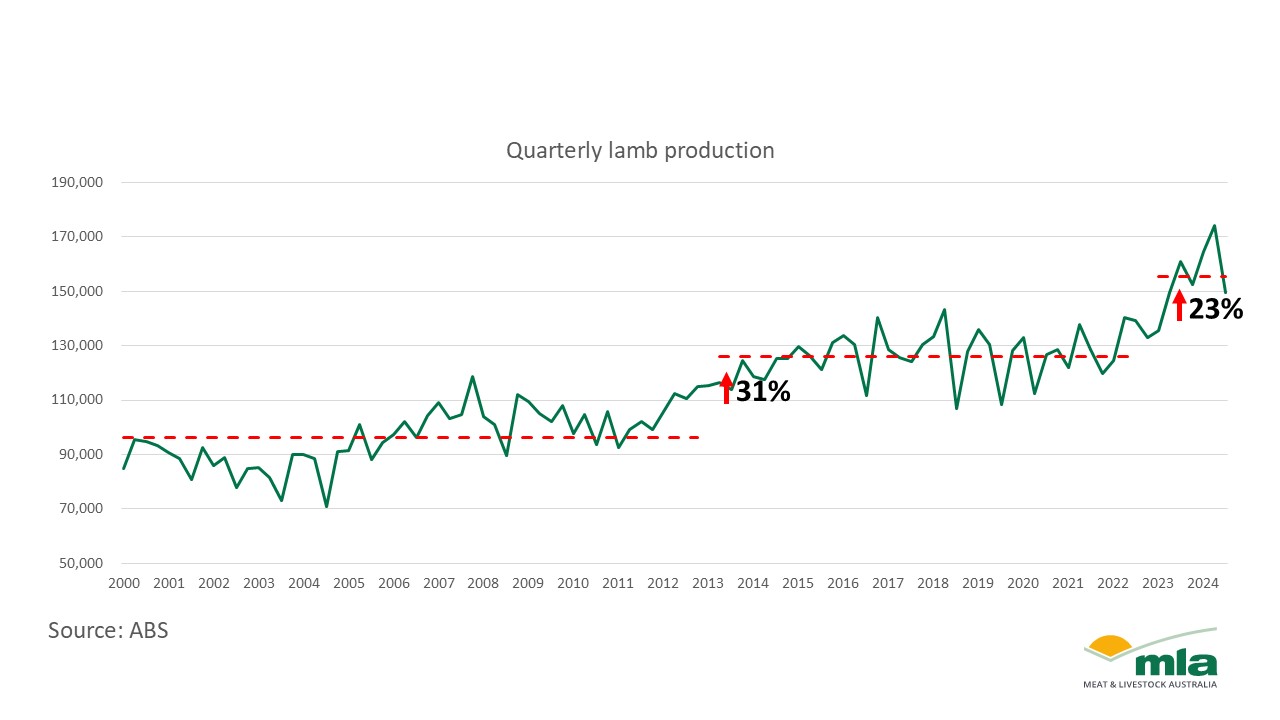It’s become a custom at our office Christmas party to do a team quiz, followed by a jolly round of The Twelve Days of Christmas. It typically ends in chaos.
Author
- Dan Baumgardt
Senior Lecturer, School of Physiology, Pharmacology and Neuroscience, University of Bristol
As a practising GP, I think it’s perhaps worthwhile doing a run down of the clinical hazards of the season instead.
So, here we go, all together now: “On the twelfth day of Christmas, my true love gave to me…”
Twelve allergic reactions
From the pollens and moulds released , to the plants and flowers given as gifts, we can bring lots of into the house at this . It’s a good idea, then, to keep some antihistamines on hand over Christmas and, if it’s been prescribed for emergencies, an , in case you develop allergy symptoms.
like to use scented candles and reed diffusers during the holiday season to fill our homes with festive fragrances like cinnamon, ginger and allspice. While they might give a nice effect, home fragrances can contain volatile organic compounds that can be harmful to health. Be particularly careful if you or anyone with , such as asthma or COPD visits – being near a scented product can make .
One of the of allergic reactions, though, is the bowl of nuts that everyone seems to have at Christmas, not mention the nuts found in so many festive foods such as mince pies, Christmas pudding and stuffing. Keep some nut free alternatives in the cupboard too.
Eleven hardened arteries
Most of us will have our fair share of overindulgence over the holidays. the average person will consume nearly 6,000 calories on Christmas day, three times the recommended daily amount. Associated weight gain and , can increase the risk of heart attack and stroke. Try to keep the high calorie indulgence to one or two days only.
Ten lords-a-burping
Christmas excess may also include increased consumption of spicy and fatty food and drinks which can irritate the gut and trigger .
You can try over-the-counter to help combat the symptoms of indigestion, but seek medical advice for any or those which persist beyond the Christmas period.
Nine myocardial infarctions
suggested that higher stress levels during the holidays could increase the risk of heart attacks. Given the financial pressure, inevitable family dramas and dietary overindulgence, the increased strain on our bodies is perhaps not surprising. But, it’s not yet clear whether there’s a spike in at Christmas. Be on the safe side and consider taking time out to relax to help combat rising stress levels. Never ignore the , such as chest pain, either.
Eight cases of food poisoning
From under-cooked turkeys to over-filled fridges and unwashed hands delving into shared snack bowls, there’s no shortage of at Christmas. If you do fall foul of over the festive period, then you’ll know about it. nausea, vomiting, diarrhoea, stomach cramps and high temperature. It’s crucial to avoid dehydration, so make sure you have lots of fluids and again, seek medical advice.
Seven penile fractures
It’s unclear whether the giddy effects of the season, or more time for amorousness (read for more on this) is to blame for the potential risk for at Christmas.
found a higher incidence of penile injuries known as over the holiday season. A penile fracture occurs when the erect penis bends too much, causing it to snap. These injuries are with vigorous sexual intercourse.
Six sexually transmitted infections
Protect yourself from the unwanted gift of a sexually transmitted infection (STI). When , condoms are highly effective at preventing STIs. STI rates are already and some experts believe at Christmas so make sure you stay protected – and get tested quickly if you think you might be at risk.
Five rampant reindeer
Poor old Rudolph. Aside from the 60,000 deer-related each year in the US, pay attention to other hazards if you’re in close contact with Santa’s trusty companions. Deer have that can jump to humans causing a variety of different skin ailments, from allergic reactions, to the bacterial condition . Avoid stroking reindeers if you happen to see them pulling a sleigh this Christmas.
Four viral infections
Thanks to a rise in four viral infections, the UK could have a quad-demic this year. Three of the viruses are respiratory: flu, COVID and respiratory syncytial virus (RSV). The other is norovirus, which causes diarrhoea and vomiting.
Vaccine programmes should help to reduce the burden of respiratory illness, and a was recently introduced.
Three choking hazards
From inhaled nibbles to bits of plastic from presents and crackers, Christmas is actually full of choking hazards. It’s important, then, to be aware of these small pieces, especially if you have young children tearing around the house.
And bear in mind it’s not just children who can choke – adults can too.
Encourage the choking person to cough, but be ready to perform to try to dislodge the block – and to call 999 if the obstruction isn’t clearing.
Two acute intoxications
Some of us are guilty of enjoying festive spirits a over Christmas.
The current recommendation is for men and women, spread out rather than consumed in one binge.
Consider to decide what and where you’re going to drink. Including some alcohol-free days and New Year abstinence could also help to reduce the of any festive drinking.
Finally, if you’re on medication, check whether there are any with alcohol.
So, there you have it. As far as I’m concerned, any true love bearing these “gifts” can shove them where the Christmas star doesn’t shine.
And a partridge in a pear tree
A very Merry Christmas to all!
![]()







